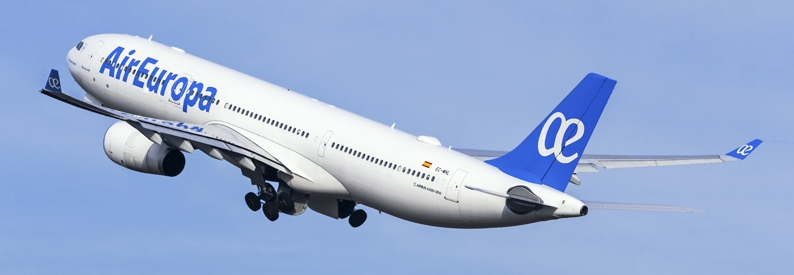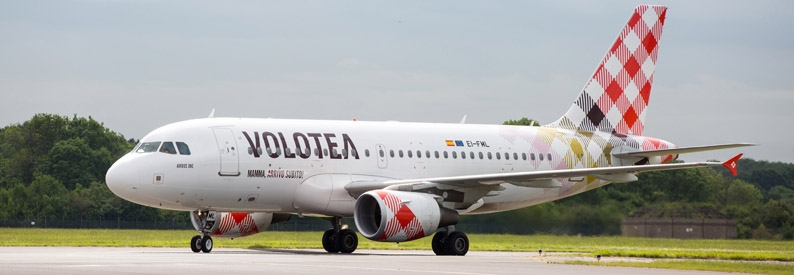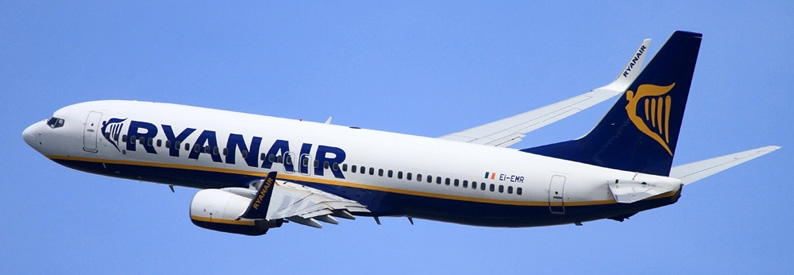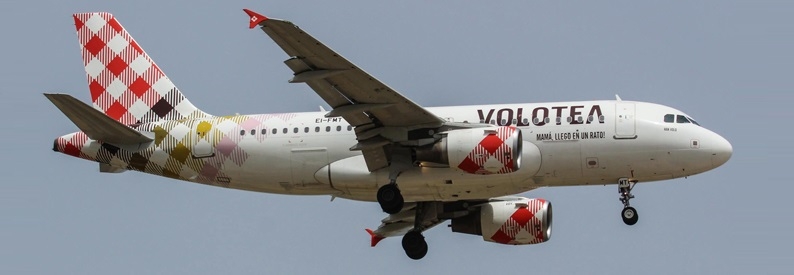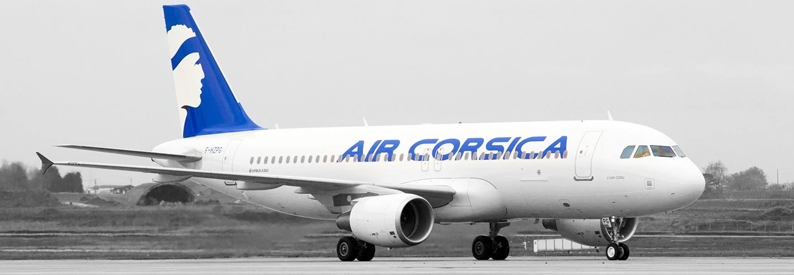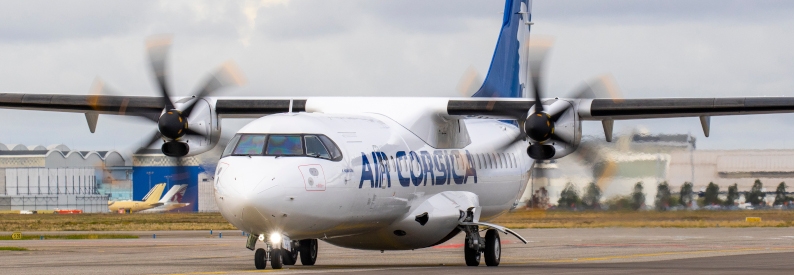Volotea (V7, Barcelona El Prat) will assist in the development of a new hybrid-electric aircraft for regional transport between small destinations, the Spanish low-cost carrier said in a statement earlier this month.
As part of a long-term agreement with Madrid-based electrical engineering start-up DΔNTE Aeronautical, it will collaborate in the design of the prototype and explore its viability on commercial routes linking small and medium-sized destinations.
The small aircraft would be “suitable for operating very short, non-existent routes in the next decade", the statement said. The "eco-friendly" project is eyeing routes that are typically unprofitable for traditional aircraft, offering alternatives where other means of transport are not available. In this way, it intends to further the economic development of rural areas and tourist destinations underserved by means of transport.
The new prototype's engines are powered by electricity stored in batteries or generated on board with high-efficiency internal combustion engines. Institutions such as the IE Business School in Madrid, the universities of Sydney and Adelaide in Australia, and the high-tech and innovation consultancy Altran are also involved, Volotea said.
The LCC has pledged to provide DΔNTE with market analysis and technical data, while its “engineers and business specialists have been tasked with evaluating this market opportunity and, at the same time, providing technical support," said Carlos Muñoz, the carrier's president and founder.
DΔNTE's niche is "the integration of advanced manufacturing technologies and aerodynamic plants powered by electricity". It has started designing an aircraft, seating from 19 to 35 passengers, that is powered by Distributed Electric Propulsion (DEP), energy storage batteries, and an internal combustion turbogenerator with range extender function. It is expected that this technology will eventually allow for the creation of fully electric aircraft.

